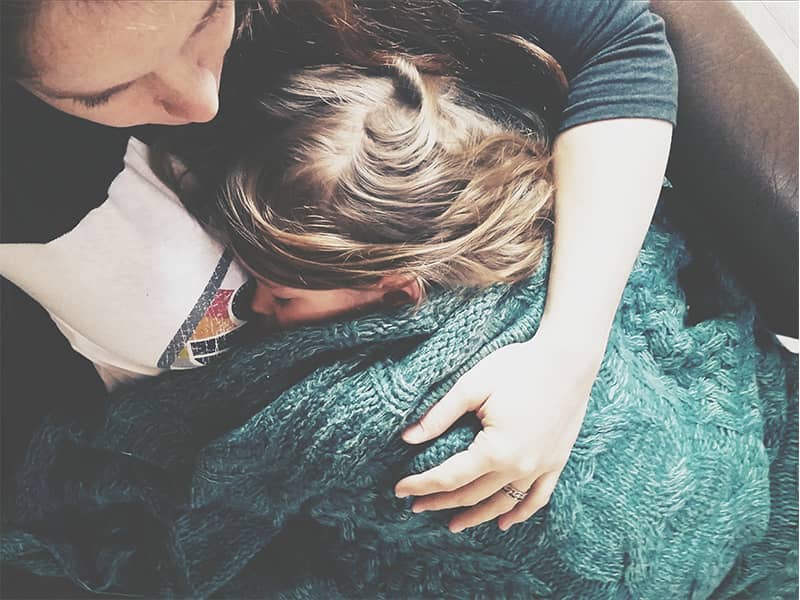As a Muslim father, I must shoulder an enormous responsibility, both fiscal and religious, and this responsibility is first encountered before I even have any children at all. Of the many rights my children have over me, they have the right to a good and righteous mother, which means that I must choose the right woman to be my wife. Whether one goes the observant/conservative path (like me) or the liberal path to finding a spouse, the choice of whom to spend the rest of one's life must not be taken lightly.
When it comes to marriage in Islam, all the woman has to do is show up. The man must pay a dowry to the woman before she marries him. This dowry is usually non-refundable. The man is also totally financially responsible for his wife. If she is a multi-millionaire, she is under absolutely no obligation to spend a penny of her wealth on the family. Similarly, if she inherits any money, she is under no obligation to spend that inheritance on the family. Now, admittedly, most women would and do contribute their wealth and earnings to the family, but Islam does not require the Muslim wife to do so. Giving her wealth to the family is a decision made solely out of the goodness of her heart. Yet, my wife has a right to part of every penny I sweat and slave to make.
The father is also financially responsible for his children. If, God forbid, the marriage ends up in divorce, there is no question in Islam as to who is responsible for child support: the father. Moreover, custody of the children usually automatically goes to the mother. Failing to provide for the children after divorce will not only get a Muslim father in trouble with the authorities, but he will also get into very big trouble with God Almighty. More importantly, however, the father is held responsible--along with the mother, of course--for the proper upbringing of said children. He must ensure that the children are raised as good, God-fearing Muslim citizens.
In many Muslim families, the husband works to earn money for the family and the wife stays at home to raise the children. Yet, this is not mandated by Islam. A Muslim wife can work if she wants to, and, again, she does not have to spend one dime on the family if she so chooses. Furthermore, for those Muslim wives that do choose to be stay-at-home moms, cooking and cleaning are not Islamically-mandated chores. If a Muslim stay-at-home mom also cooks and cleans, it is because she is a wonderful person. If she so desires, and the husband can afford it, she can ask for a maid, or as I like to call it, a "domestic executive assistant."
Surely there has to be some perks for being a Muslim father, right? Umm, no not really. In a famous tradition, a man asked the Prophet Muhammad (peace be upon him) to which of his two parents he owes the most allegiance. The Prophet replied, "Your mother" three times before mentioning "Your father." What if the man had walked away after the Prophet said "your mother" for the third time? I do not think the Prophet would have ran after him and said, "Oh, and your father, too!"
In another tradition, the Prophet told someone to take care of his ill mother because "You will find Paradise underneath her feet." No mention of Paradise being anywhere near the feet of the father. Whenever a person looks into a TV camera, they almost always say, "Hi Mom!" What about Dad? Don't I get at least a "Hey"? Sure, we have our own day in June, but we have to compete with weddings and graduations. Mothers have the month of May all to themselves and paradise underneath their feet. Hmph!
I hope you realize by now that I write this with tongue deeply in cheek. I do have many perks as a Muslim father: seeing my wife each time I come home; seeing the gleeful look on my children's faces when they see me walk through the front door after coming home from work; running to embrace my gleeful children and telling them how much I love them. Moreover, the job of a mother is leagues and fathoms harder than my job as a father. I once had to take care of my kids for a few hours, and it was extremely difficult. Mothers truly deserve to have Paradise underneath their feet.
The Prophet summed up the responsibilities of fathers in this tradition: "All of you are shepherds, and you are all responsible for your flocks. The father in his home is a shepherd, and he is responsible for his flock..." The word in Arabic for "responsible" is mas'ul. This word also means "that about which one will be asked." Thus, the tradition can also be translated as, "The father in his home is a shepherd, and he will be asked by God about his flock." It is this that is most difficult and unnerving about being a father: facing the Good Lord on Judgment Day and having to account for my actions and deeds as a father. I hope and pray that, on the Day I meet my Maker, I will have fulfilled my duties as a father faithfully, dutifully, and righteously. Amen.

